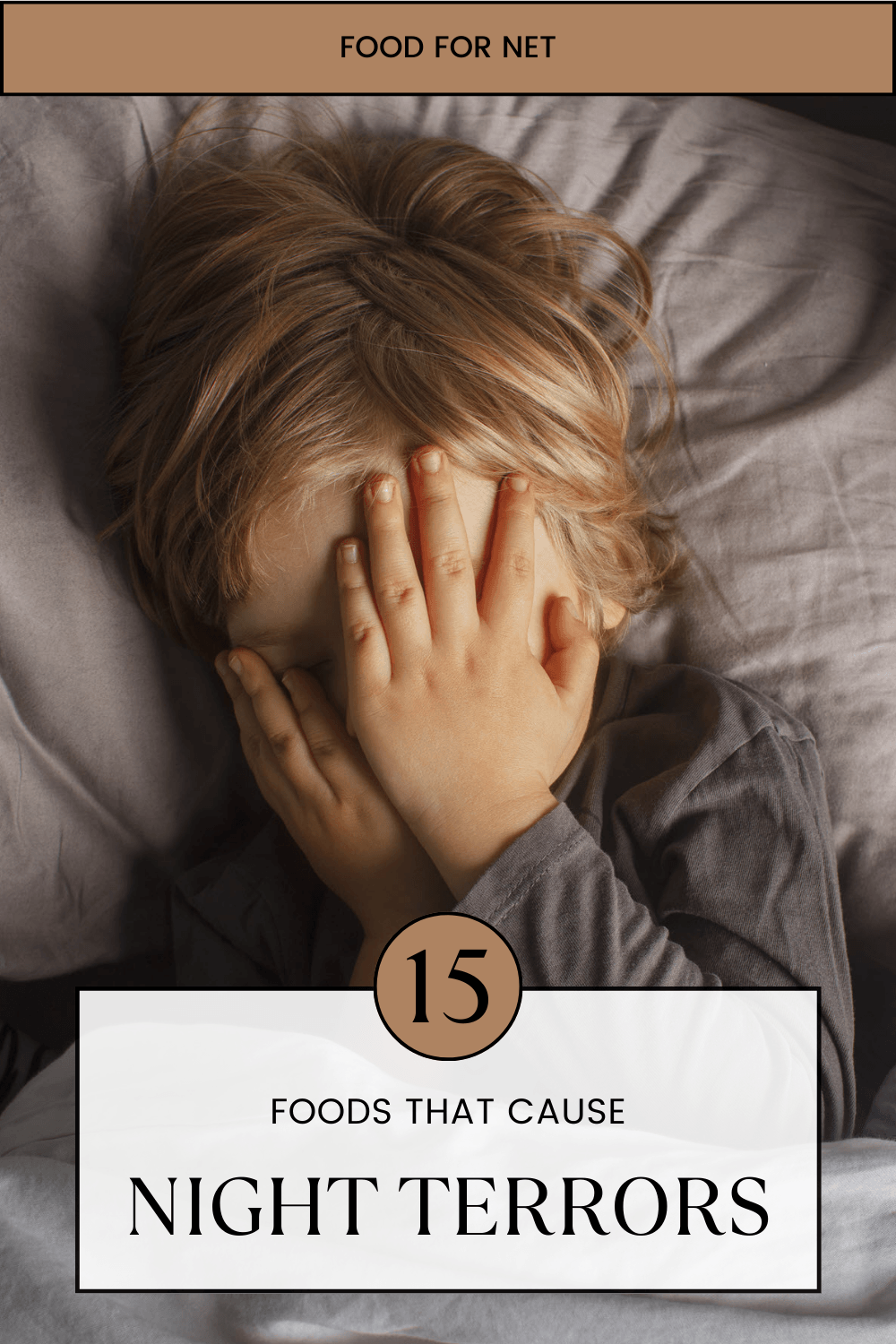
Watching your kids go through night terrors can be seriously overwhelming. These terrors are like bad dreams, but they’re different too, as the child isn’t quite awake and isn’t fully asleep either. They’re somewhere in the middle of the two. Trying to wake a child during the event is often ineffective and tends to confuse them more. This can leave parents feeling pretty helpless.
So, what can you do? Well, you can’t prevent the terrors entirely, as scientists still don’t fully understand what causes them. However, some things can clearly raise the risk. This includes foods that cause night terrors.
The role of food shouldn’t be surprising, given that food affects our bodies in so many ways. Kids may be affected even more strongly, as they’re so small and are still developing.
Night terrors tend to decrease with age, so most kids grow out of them. However, this isn’t guaranteed, as some adults still get them and might be triggered in similar ways as kids. The foods on this list could also raise the risk of nightmares or simply lead to disturbed sleep for adults and children.
Don’t despair as we go through these foods, as they don’t affect everyone the same way. Many of them only affect people who are sensitive to them.
The trick is to experiment. Try cutting out foods one at a time. This will help you see which foods are contributing to sleep issues and which have no effect at all. This is a good practice for other health challenges as well, including excess ear wax, bowel obstructions and hair loss.
Besides, in the case of night terrors, you can still enjoy your favorite treats at other times of the day. Just be sure not to have them right before bed.
Foods That Cause Night Terrors
Spicy Foods
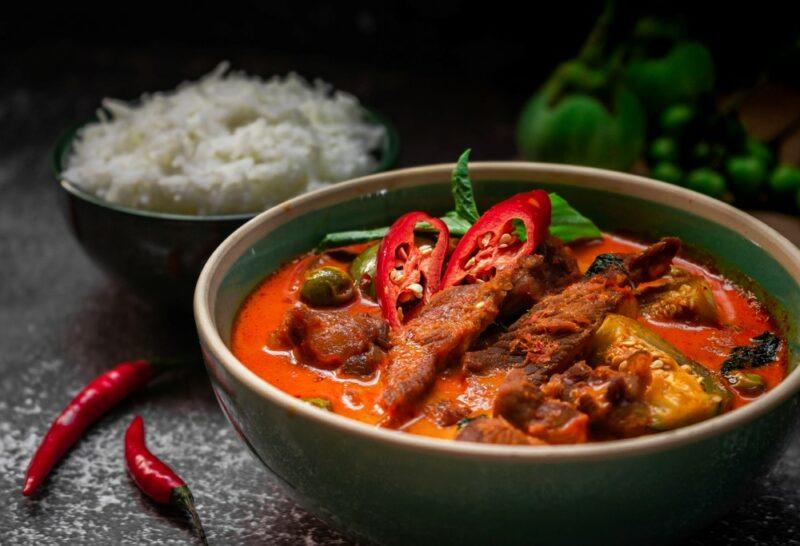
As a rule of thumb, anything that disturbs the sleep cycle or leads to digestive side effects increases the risk of night terrors. After all, the way our body feels can easily affect our sleep experience.
Spicy foods are a classic example here. For one thing, they can easily lead to acid reflux and indigestion, which make it difficult to stay asleep.
Spicy foods also mess with the body’s thermoregulation, which includes impacting metabolism and temperature. Those factors also impact the quality of sleep, potentially leading to night terrors.
When considering what to serve, remember that toddlers and children often have a more sensitive palate than adults. So, a dish that seems mild and easy to enjoy for you could be too much for a young child.
Anything With Hot Sauce
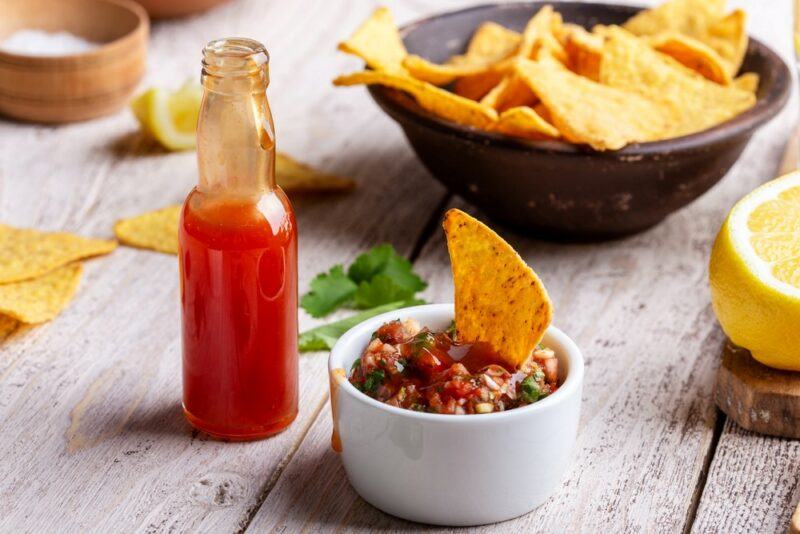
Hot sauce triggers the exact same issues as spicy foods. It’s particularly significant because kids might be adding hot sauce to their own meals.
Remember, kids aren’t that good at self control (many of us adults aren’t either). Some may continue to use large amounts of hot sauce without ever noticing that it causes sleep problems.
If this is an issue in your family, you might need to take hot sauce off the table entirely.
Candy And Other Sweet Treats

Sweet food before bed is rarely a good idea for kids or adults. The treats quickly create a blood sugar spike, followed by a drop sometime later.
That initial blood sugar spike could make it more difficult to get to sleep and could also change the body’s thermoregulation. Some theories suggest that the following blood sugar drop can bring your blood sugar too low, which then affects your brain chemistry.
These effects are simply theories and haven’t been proven. However, it’s very clear that a strong increase then decrease in blood sugar is never a good thing for sleep (or for health).
Besides all that, we know that candy, cakes, ice cream, and the like offer few benefits. So, cutting down on them could only be a good thing.
Chocolate
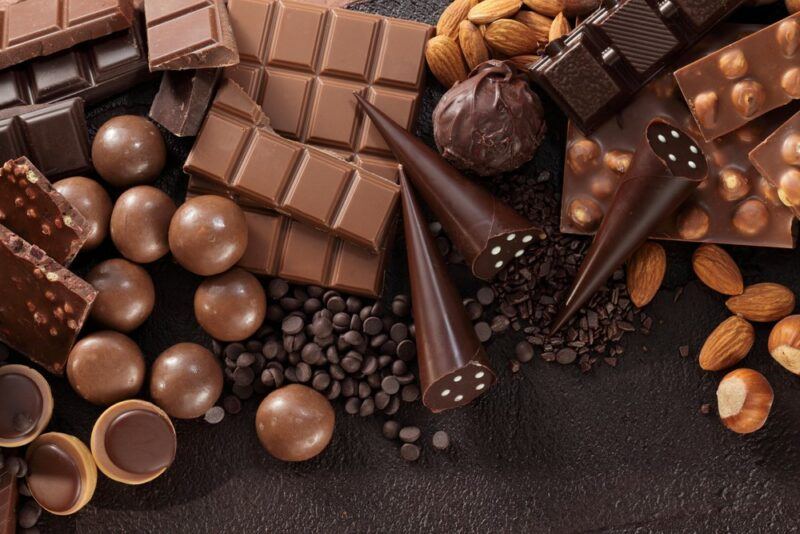
Chocolate has the same sugar issue as candy, but it also has another problem – caffeine. The caffeine comes from the cocoa beans themselves, so it’s present in most chocolate products (except white chocolate, as this doesn’t include cocoa solids).
The exact amount of caffeine varies from product to product, influenced by the type of cocoa used, the cocoa concentration, and the other ingredients. Not surprisingly, milk chocolate tends to be the lowest in caffeine, but it’s also high in sugar, so it isn’t great at night.
Also remember that kids are extremely sensitive to caffeine. They haven’t been drinking coffee each morning for years like many adults, so they haven’t built up much tolerance. Because of this, even the caffeine from a few squares of chocolate could have a noticeable effect on their sleep.
Highly Processed Food
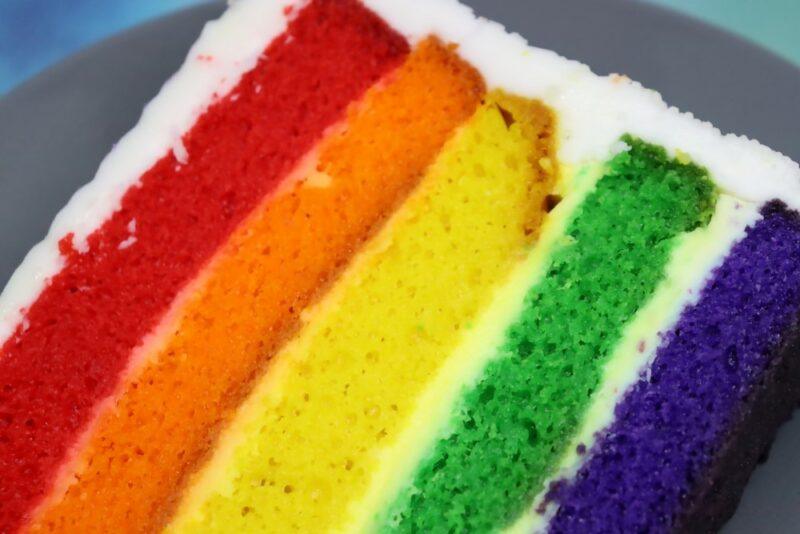
Processed foods are a nightmare for countless reasons. In particular, they’re often much less nutritious than whole foods, they’re full of simple carbs, they rely on additives and artificial ingredients, and they can be fatty, sugary, and salty as well.
Such features mean that many processed foods lead to digestive side effects too, particularly if they’re eaten close to bedtime.
The salt isn’t great either. While this isn’t strongly linked to night terrors, high salt intake can raise blood pressure, which could then impact sleep and cause a host of other issues.
Beyond all of this, there are the additives. There’s particular concern about some of the artificial food dyes. One of these, Red Food Dye #40 has even be banned in many parts of Europe. It’s also been linked to behavioral issues, yet is still commonly used in the United States).
Other additives could play an impact too.
Here’s the thing. Additives aren’t nearly as well understood as you might imagine. While there have been safety studies, these studies can’t realistically consider every situation or possible outcome.
It’s also tough to pinpoint the link between specific compounds and health outcomes. Doing so takes considerable time, energy, and money, plus some idea of the potential negative effect. This is partly why we learn about the dangers of some ingredients after they’ve been in the food chain for a long time.
Bread, Crackers, And Pasta

Bread, crackers, pasta, baked treats, and similar foods rely heavily on refined carbs. Processing stripped many of the nutrients away from these carbs, so they’re often rapidly digested.
As a result, refined carbs tend to spike blood sugar levels, sometimes just as much as candy will. Serving fiber and protein with simple carbs can help offset this effect, but it’s still important to be wise about portion size. Also try to avoid serving simple carbs too late at night.
Pickles
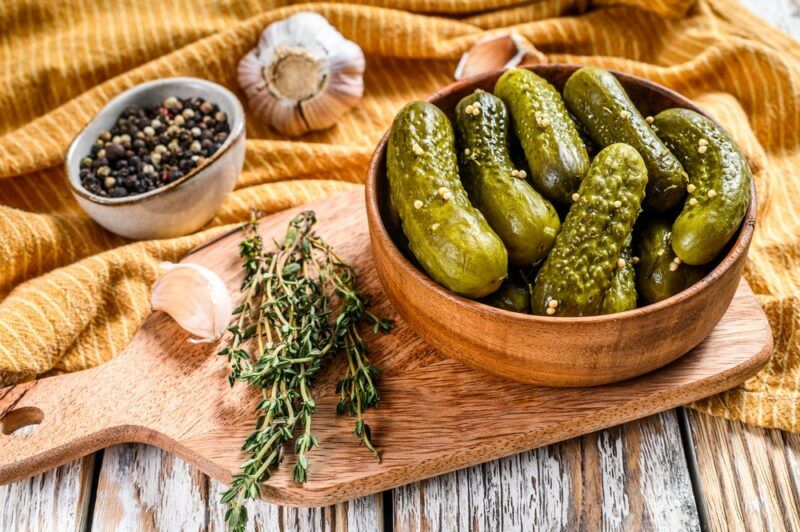
Some survey-based research suggests that pickles may contribute to nightmares among adults, although it’s not clear how they have this effect. Pickles might affect some kids in the same way and even increase their risk of night terrors.
Fried Food

While most of us know that fried food isn’t healthy, it remains a popular treat, especially when we’re stressed and looking for comfort. Unfortunately, the high salt and fat content of most fried foods are awful for our digestive systems – often leading to stomach upsets and other side effects.
These issues are significant enough for adults and can be even worse for kids. After all, their digestive systems are often more sensitive.
Also remember that kids aren’t that great at self-control. Many will overeat foods they love, making any digestive issues even more severe.
Juice

Okay, juice is a drink rather than a type of food, but close enough. It’s also an important one when we’re talking about kids.
The problem here is the sugar content. This creates the same blood sugar spike as candy. Besides, let’s be realistic, fruit juice isn’t much healthier than candy. It contains more nutrients, true, but the juice is still best kept as a treat rather than something to consume daily.
It’s much better for kids to focus on fresh fruit rather than the juice.
Fast Food
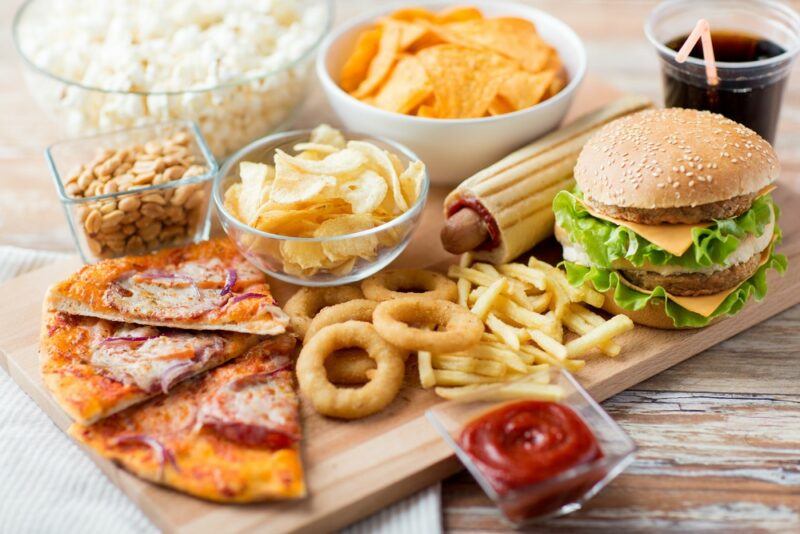
Fast food is highly processed, so it comes with all the issues we’ve already discussed, including being high in salt and packed with additives. Many fast foods are also greasy. This might be because they’re deep fried (like French fries) or because they use fatty ingredients (like the cheese on pizza).
Not surprisingly, greasy food isn’t good for the digestive system. This is even more true if kids end up having fast food late at night. It’s hard to imagine how that combo could ever go well.
Meat

Meat is less processed than many items on this list and offers plenty of nutrients. Yet, it can still be a problem because protein takes quite a while to digest and digestion slows while you sleep. This pattern can easily lead to sleep disturbances for adults and kids.
Some families may need to shift their meal time to get around this issue. For example, if you’re eating at six and the kids need to be in bed at seven or eight, there mightn’t be enough time to digest the meal.
Bananas
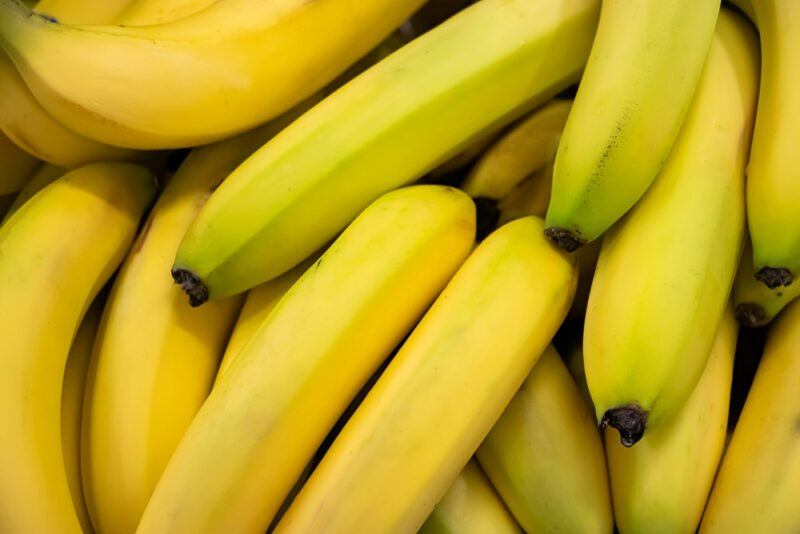
While fruit is much healthier than candy, it can still spike blood sugar. The high sugar content of ripe bananas makes them a particular problem here.
A whole banana also tends to be too large as a serving for a child. If they love bananas, try giving them just half or a quarter, paired with a high protein ingredient like almond butter.
Dairy Products

A glass of warm milk is the classic bedtime sleep aid, yet it could cause digestive issues and lead to night terrors. Thankfully, this effect isn’t true for everyone, as it is specifically linked to lactose intolerance and all the digestive symptoms that go along with that.
You’ll find similar problems with other dairy products, including cheese and yogurt.
Parents might miss this issue at first, as lactose intolerance becomes more common as children age. Some may be able to digest lactose when they are young, then start to show intolerance symptoms as they grow up.
Ice cream is a particularly big problem because it has plenty of lactose and is also high in sugar. That’s a double whammy of issues. It’s also easy to over-consume ice cream and kids are notorious for never knowing when to stop with their treats.
Fermented Foods
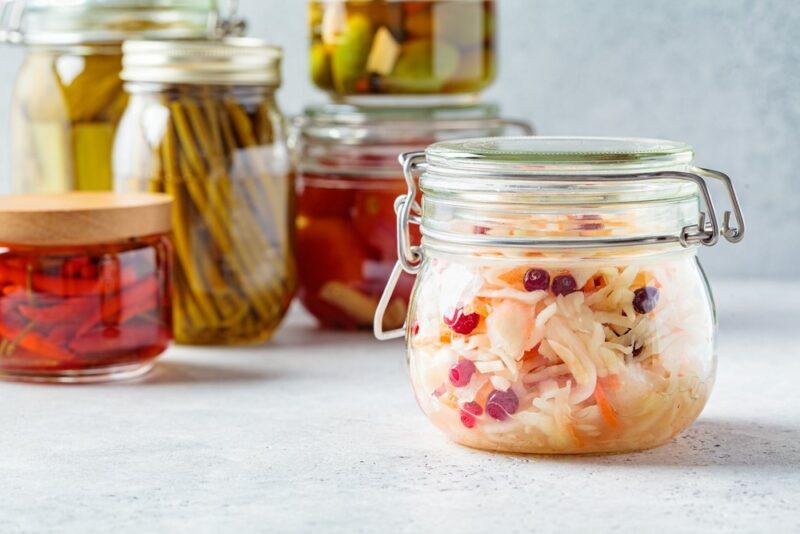
Remember how we mentioned that pickles might cause nightmares? One potential reason is their amine content. Amines are naturally occurring compounds that are particularly common in fermented foods.
Many people can eat amines regularly without any problems. Others experience food sensitivity reactions, including headaches, stomach cramps, and an irregular heartbeat.
No surprises then. People sensitive to amines could easily find that their sleep and dreams are affected by amine rich foods.
Some Fruits
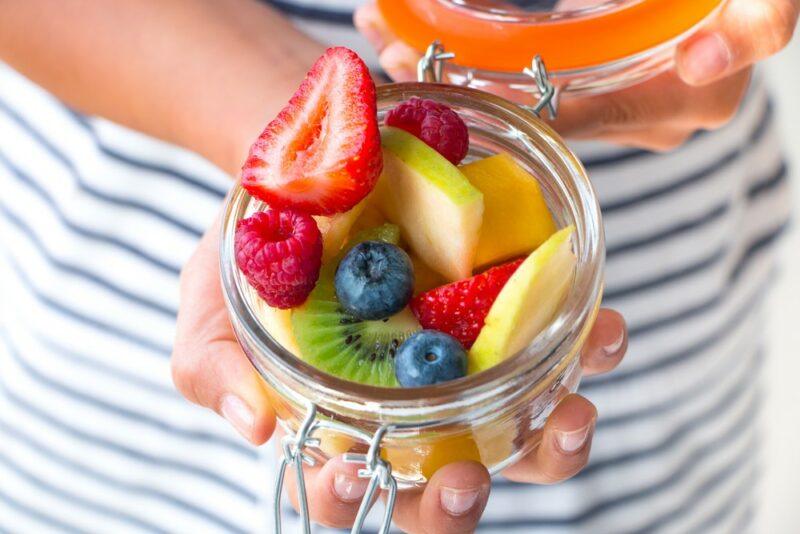
Fresh fruits are an easy and safe choice for many children. However, they can still occasionally contribute to night terrors due to their high salicylate content.
Fruits to pay attention to here include blackberries, blueberries, cherries, strawberries, raisins, and prunes. Thankfully, there are plenty of low salicylate foods that you can turn to instead.
As always, it’s important to experiment. See which foods your child can eat safely and which might contribute to night terrors.
What Should You Eat At Night?
Some people can just have dinner as their last meal, then not eat again until breakfast. Doing so is very helpful, as there’s been plenty of digestion before it is time to lie down.
Still, this ideal doesn’t always work. Some people eat dinner early and need something extra before going to bed. After all, it’s difficult to sleep when you’re too hungry. Other times, you or your child might just want a snack.
The list below highlights some safe and healthy food. However, trigger foods aren’t always predictable. You’ll still need to experiment to determine whether these foods work for your child or yourself.
- Granola. Healthy granola provides a good balance of carbs and protein, without too much sugar.
- Fresh Fruit. Fruit is a safe choice for many kids, as the fiber helps to balance out the fruit’s natural sugars. Just be cautious with ripe bananas because of their high sugar content.
- Yogurt. Yogurt causes fewer digestive issues than most types of dairy and is a comforting snack. You could even look for lactose free yogurt or a plant-based alternative. Just be sure to check the ingredients label, as some yogurts are high in sugar and rely on additives.
- Lean Protein. A small amount of lean protein, like sliced chicken or turkey, can be helpful for knocking the edge of hunger and helping children to sleep better.
- Boiled Eggs. A boiled egg is an easy snack that offers a decent amount of protein.
- Some Nuts. For kids without allergies, nuts are another satisfying snack. They’re also one that many kids love, making them a win-win.
Other Ways To Decrease Night Terrors
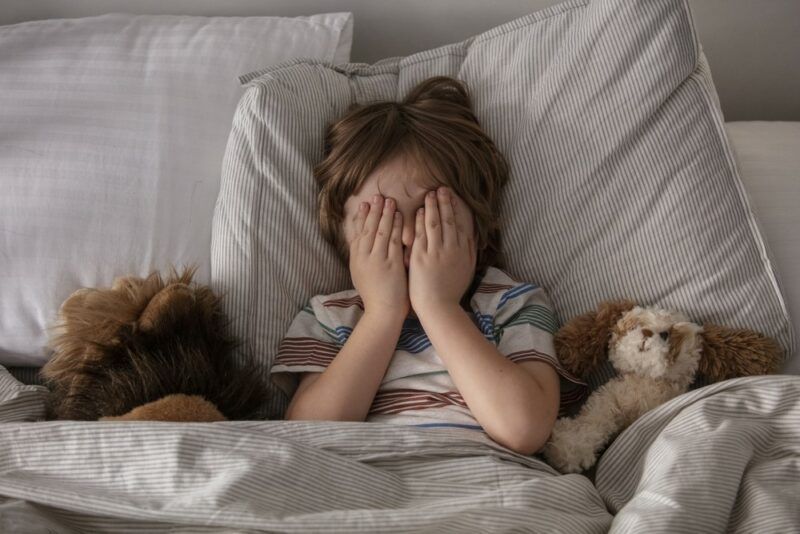
No Food Close To Bed Time
Eating too close to bedtime increases the risk of digestive issues for all types of foods, not just trigger foods. At the very least, children should stop eating an hour before better. Allowing a two or three hour gap instead is even better.
The same pattern is relevant for adults too. While eating right before bed isn’t likely to give you night terrors, doing so could easily lead to nightmares and dreams that are simply weird. If you really need to eat, keep your portions small and avoid any foods that trigger you.
Practice Good Sleep Hygiene
Sleep hygiene is a collection of approaches used to promote healthy sleep. This includes going to bed at a regular time each night, turning off devices at least 60 minutes before bed, making sure the room is dark enough, and allowing your body to relax.
Gentle music, bedtime stories, and even mindfulness exercises can all be helpful here. When practiced regularly, these approaches help people to get to sleep faster and can improve their sleep quality. Improved sleep quality and quantity are powerful for protecting against night terrors.
Talk To Children About Their Worries
Talking to children regularly about concerns can help them to feel better and reduces the risk of fears making their way into dreams. This might include helping them to come to grips with irrational fears (like clowns) and with any stressors in their lives.
Such conversations appear more relevant to nightmares than night terrors, but they could still make a difference. Besides, anything that helps with a child’s stress and fear must be a good thing.
Talk To Their Doctor
As overwhelming as they seem, night terrors are surprisingly common. Around 30% of children experience them, often between three and seven, and the terrors naturally taper off as the child ages.
While there aren’t specific treatments for night terrors, it’s worth talking to the child’s doctor to rule out any underlying health condition or complicating factors. The doctor may also educate you as a parent, helping you to better understand how to support your child.






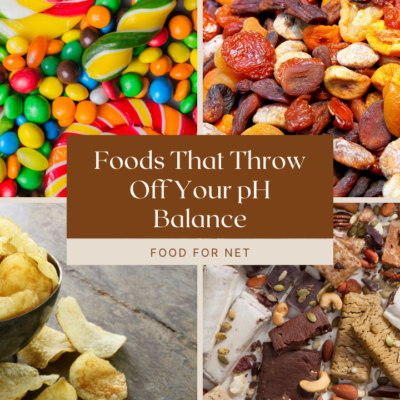

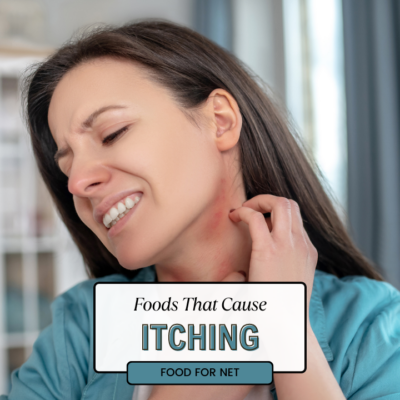
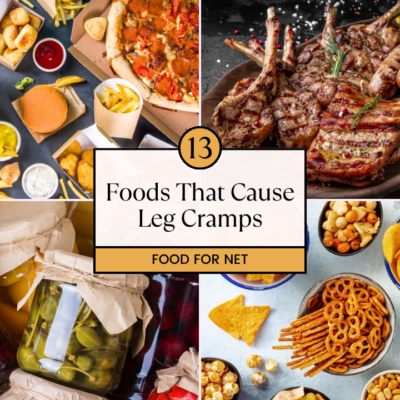

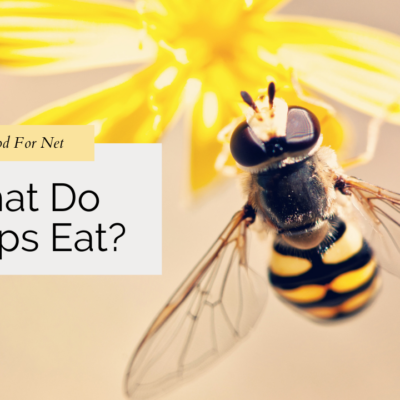
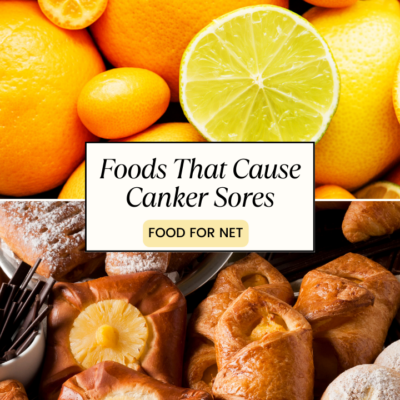




 19 Foods That Cause A Bowel Obstruction
19 Foods That Cause A Bowel Obstruction
Leave a Reply